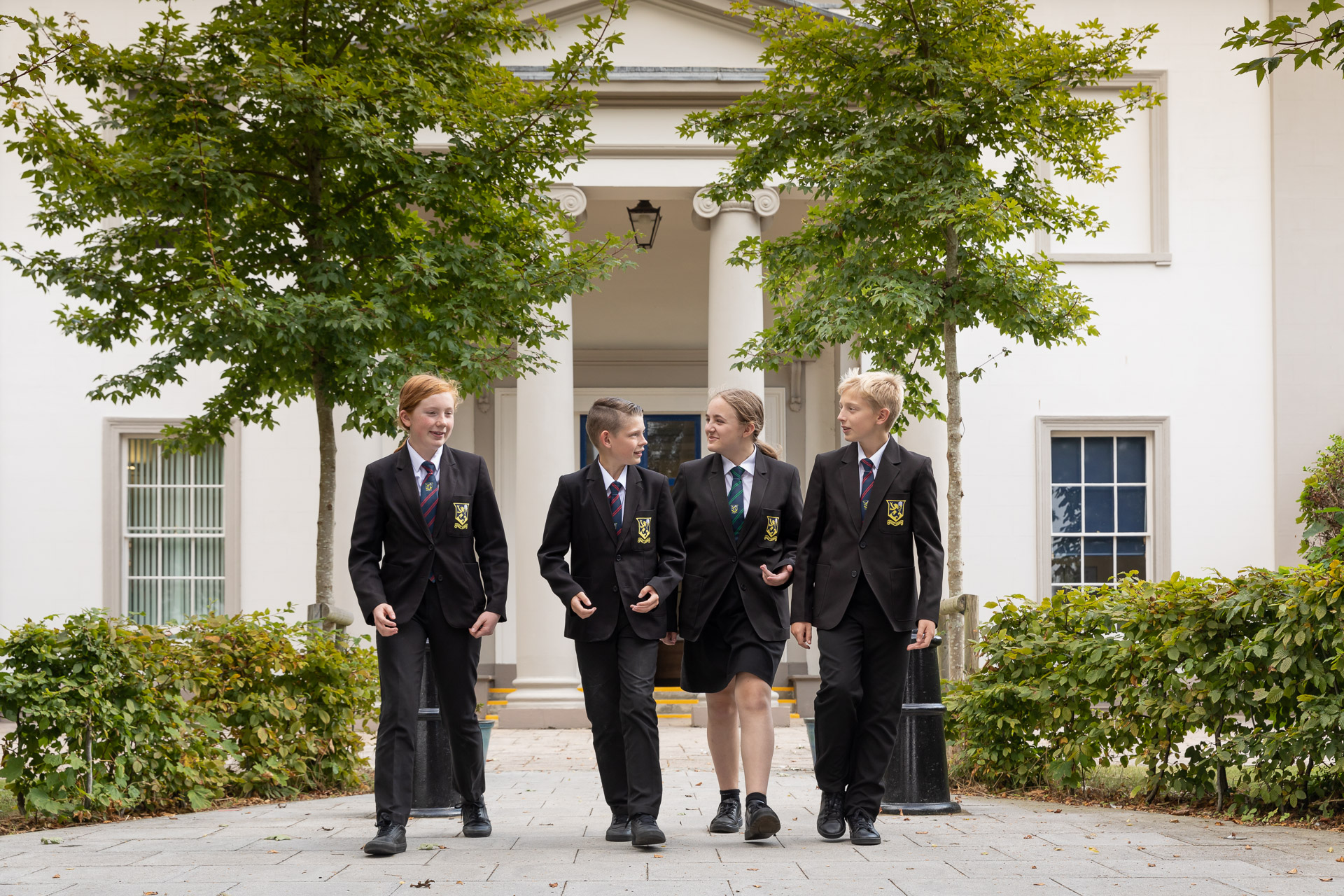Religious Studies Curriculum 2024/25
KS3 Year 7 |
|
| Purbrook Park School KS3 Curriculum follows the agreed Living Difference IV syllabus which can be found here. | |
|
Autumn 1 |
The Island Throughout their transition unit of study pupils enquire what it means to hold a world view and connect them to the 'golden threads' of belonging and community. Pupils create a community on a shipwrecked island so they can consider core elements of community and traditions such as codes of conduct and the creation of traditions. Pupils will consider how tolerant the world is. Throughout Autumn pupils develop their communication and written skills to demonstrate their progress and apply their knowledge to KS3 level learning. |
|
|
Sikhi Special - Sewa Throughout the second half of the Autumn term, pupils look at the depth of worldviews and consider how it influences and has an impact on different communities. Pupils will investigate into how people of faith and alternative worldviews put their beliefs and interpretations of the world into practice. |
|
Spring |
Christianity: Pupils investigate into the Abrahamic faith of Christianity and how it impacts Christians today. Pupils enquire into the concepts of love (agape), the nature of God and the Church. Pupils apply their understanding of faith and the world around them to Christian beliefs and traditions, and enquire how the faith and Church contribute to modern Britain. |
|
Summer |
Buddhism: Throughout Summer term pupils carry out a broad and detailed study into Buddhism and consider what it means to live life as a Buddhist today. Pupils will enquire into traditional Buddhist views on change/impermanence and how it influences actions in the modern world. This unit also allows pupils to articulate and develop their own moral perspectives on suffering and harm and the consequences that may occur. |
KS3 Year 8 |
|
|
Autumn |
Islam: During the term , pupils will explore the concept of 'symbolism' and its link to interpretation. Pupils will consider how symbols link to personal and religious identity, whilst considering how these symbols came to be through interpretation. Pupils will look at stories and thought experiments and analyse how these have influenced religious beliefs and worldviews in general. Pupils will consider different form of religious discrimination, such as islamophobia, as well as the way different religions promote social justice. |
|
Spring |
Judaism: During the Spring term, pupils study the Jewish faith, its history, and its influence upon believers today. Through looking into the concepts of Torah, Tradition and Remembrance, pupils are able to look at historical events and apply them to modern day practises and beliefs. This unit also allows pupils to explore the value of faith to everyday life, including their own. |
|
Summer |
Hinduism: Pupils complete their year by enquiring into the creation of the world from an Eastern world view, whilst being able to explore their own beliefs and understanding. This unit also covers the concept of hierarchy and how historically the Caste System and Karma has affected human society and social mobility. Learners also question the authenticity of the afterlife using both their own understanding and a Hindu perspective. |
KS4 Year 9 |
|
|
Autumn |
Christian Beliefs and Teachings:
|
|
Spring |
Human Rights:
|
|
Summer |
Jewish Beliefs and Teachings: Revision and Exam Practice: |
KS4 Year 10 |
|
|
Autumn |
Jewish Beliefs and Teachings: Life and Death: |
|
Spring |
Christian Practices: |
|
Summer |
Good and Evil: Revision for exams: |
KS4 Year 11 |
|
| Autumn |
Good and Evil: Human Rights:
|
| Spring |
Jewish Practices: Revision: Pupils to revise in preparation for their final exams. |
|
Summer |
GCSE EXAMS
|
